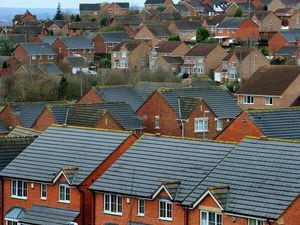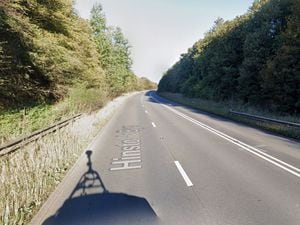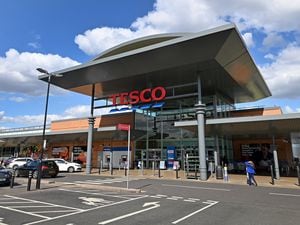£200 million 'war chest' will help unlock former industrial sites in the West Midlands providing 12,000 homes
A £200 million 'war chest' will be available in the new year to help unlock former industrial sites and brownfield land in the West Midlands for housing, it has been announced.

The West Midlands Combined Authority (WMCA) today launched its ‘Homes for the Future’ proposals to tackle fuel poverty and climate change and help stimulate the region’s green construction and technology industries.
The WMCA announced £200 million will be made available in the new year to unlock more former industrial sites for new housing.
It is expected around 12,000 homes will be ‘unlocked’ through the funding.
Next year developers will be able to apply for some of this funding to help get their housing schemes off the ground, providing people with more affordable, low carbon and energy efficient homes.
The proposals set out are designed to encourage developers that are awarded WMCA investment to go above and beyond the national government’s forthcoming ‘Future Homes Standard’ – due to come into force in 2025.
This includes homes with the latest eco-technology such as solar panels, super insulation, and heat pumps.
The WMCA is now engaging with developers and other industry bodies on the proposals with a view to putting them into practice in the new year.
Low carbon homes built in the West Midlands are up to three times cheaper to heat than an average property, according to latest data.
Research by the WMCA using British Gas analysis has revealed that a three-bedroom, factory-built modular home with five people living in it costs £1.50 a day to heat, compared to £6.60 for an average three-bedroom home occupied by three people.
There are an estimated 235,512 fuel poor homes in the West Midlands – the highest rate of fuel poverty in any English region at 17.5 per cent, with some areas experiencing much higher rates of over 40 per cent.
More than half of all neighbourhoods in the West Midlands are in the bottom 20 per cent when it comes to fuel poverty, nearly three times the national average.
One award-winning modular housing scheme – Citizen Housing’s Littlethorpe development in Willenhall, Coventry – is helping to tackle the issue.
Latest data shows total running costs at £1.48 a day for a three-bedroom home on the development.
Solar panels alone on these homes guarantee residents a 20 per cent saving on their fuel bills.
The modular homes, which are built in factory-controlled conditions before being delivered to site and craned into place, have proved popular with those who have recently moved in.
Seymour Angus, 66, said: “Over the years I’ve had medical problems. In 2017 I had to have an operation. After that, there was seven or nine steps to get into my flat. It was becoming very difficult so I asked the council if I could move.
“I’ve eventually moved here and I’m absolutely over the moon. This is easily manageable. The other property required much more heating.”
Speaking at the launch event at the National Brownfield Institute in Wolverhampton, Andy Street, Mayor of the West Midlands and WMCA chair, said: “The research we have undertaken on home heating costs is stark, and shows why doubling-down on low-carbon homes in the West Midlands is so important.
“In order to do this – and help tackle the fuel poverty and climate emergency we face across the region – we must have a proper plan in place for future housebuilding in the region. That’s what our Homes for the Future proposals do, and I’m delighted we’ve been able to launch it today.
“It comes alongside our re-commitment to housebuilding and brownfield regeneration in the West Midlands, with this latest £200 million war chest being made available to help unlock former industrial sites and brownfield land for housing.
“We’ve been using this ‘Brownfield First’ approach to such success since 2017 that we believe we are the only region to remain on track to reach their housing target.
“But we must continue our progress, and we hope this £200 million will help unlock a further 12,000 homes for local residents across the West Midlands.”





